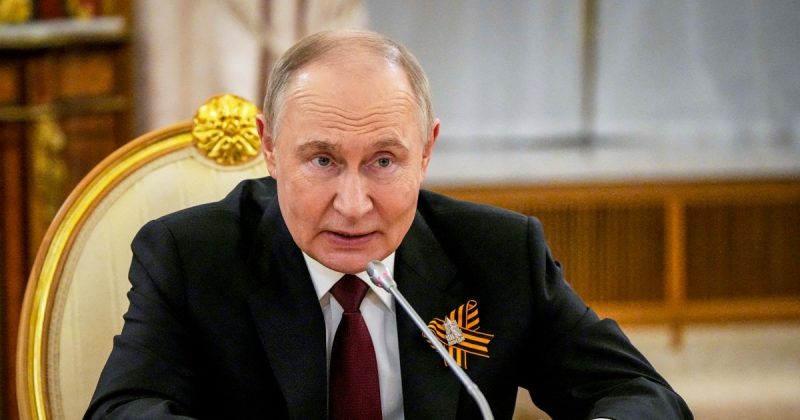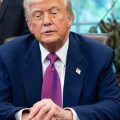
President Vladimir Putin of Russia unexpectedly announced early Sunday morning that his country is committed to direct talks with Ukraine to end the ongoing conflict. He suggested that these discussions commence on May 15th in Turkey, following a planned conversation with Turkish President Recep Tayyip Erdoğan later that same day. Putin stated that Russia would enter these negotiations without preconditions.
This announcement follows a significant development: leaders from the United Kingdom, France, Poland, and Germany, along with over 30 other countries, issued a joint threat to increase sanctions against Russia unless an unconditional 30-day ceasefire is implemented starting Monday. This demand, supported by U.S. President Donald Trump, aims to enforce a complete halt to fighting across all fronts – land, sea, and air. The leaders’ concerted effort underscores the growing international pressure to bring an end to the protracted conflict.
Putin’s statement, however, comes with a caveat. He cited Ukraine’s past withdrawal from talks and alleged breaches of previous ceasefire agreements as reasons for skepticism. While both sides have been accused of violating ceasefires in the past, Putin’s remarks suggest a potential roadblock to achieving a lasting peace. He has expressed a desire for serious and meaningful discussions with long-term consequences, including the establishment of sustainable peace.
The proposed May 15th talks in Istanbul represent a significant potential turning point in the conflict. Whether these talks will bear fruit remains uncertain, given the complexities and historical tensions between the two nations. The international community will be closely watching for signs of genuine commitment from both sides towards a peaceful resolution.
Meanwhile, retired Lt. Gen. Keith Kellogg, Trump’s special envoy to Ukraine, expressed optimism about the potential for a ceasefire to initiate the process of ending the conflict. He echoed Trump’s call to ‘stop the killing now,’ highlighting the urgency of the situation. However, Putin’s past demands – including Ukraine’s withdrawal from four annexed regions, a promise not to join NATO, restrictions on military size, and protection of Russian culture within Ukraine – remain significant obstacles to negotiations.
The coming days will be crucial in determining whether these recent developments will lead to meaningful dialogue or further escalation of the conflict. The international community holds its breath, awaiting the outcome of Putin’s planned conversations with Erdoğan and the potential for substantive peace talks to begin.










